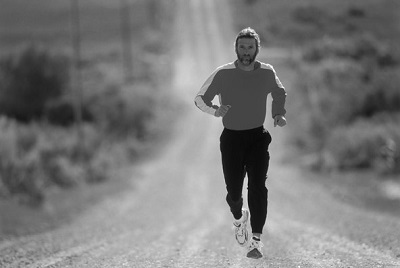People can burn up to 20% more body fat by exercising in the morning on an empty stomach, according to new research.
In a study, academics sought to find out whether the known benefits of exercising after an overnight fast were undermined by an increased appetite and eating more food later in the day.
Researchers, led by Dr Emma Stevenson and PhD student Javier Gonzalez, asked twelve physically active male participants to perform a bout of treadmill exercise at 10am, either after they had eaten breakfast or in a fasted state having not eaten since the evening before.
Following the exercise all participants were given a chocolate milkshake recovery drink. Later in the day, participants were provided with a pasta lunch which they were asked to consume until they felt ‘comfortably full’. Their lunchtime consumption of energy and fat was assessed and calculated, taking into account the amount of energy and fat burned during the morning period.
The researchers discovered that those who had exercised in the morning did not consume additional calories or experience increased appetite during the day to compensate for their earlier activity.
They also found that those who had exercised in a fasted state burned almost 20% more fat compared to those who had consumed breakfast before their workout. This means that performing exercise on an empty stomach provides the most desirable outcome for fat loss.
Javier Gonzalez, who is currently undertaking a PhD in Exercise and Metabolism, said: “In order to lose body fat we need to use more fat than we consume. Exercise increases the total amount of energy we expend and a greater proportion of this energy comes from existing fat if the exercise is performed after an overnight fast.
“Our results show that exercise does not increase your appetite, hunger or food consumption later in the day and to get the most out of your session it may be optimal to perform this after an overnight fast.”
Dr Emma Stevenson, added: “This research is very important in helping to provide practical guidelines relating to food intake to individuals who are exercising to maximize fat mass loss. It must be highlighted that this is a short-term study and we can only speculate on the longer term outcomes of such nutritional practices.”
Source: Science daily
N.H.Kh

